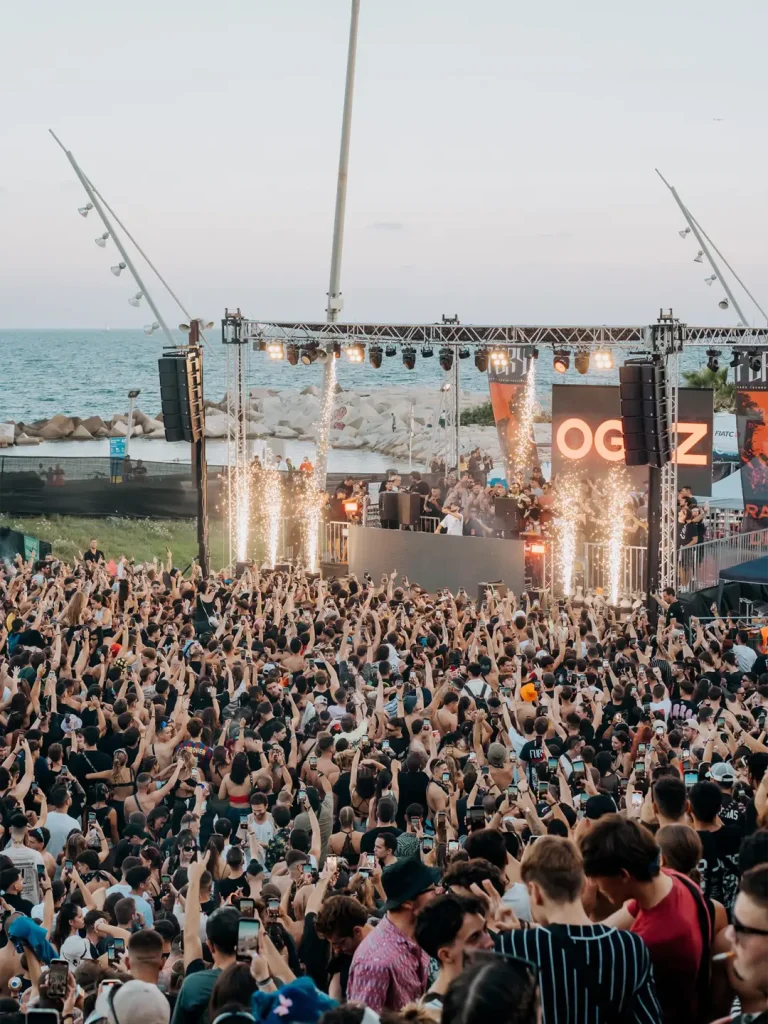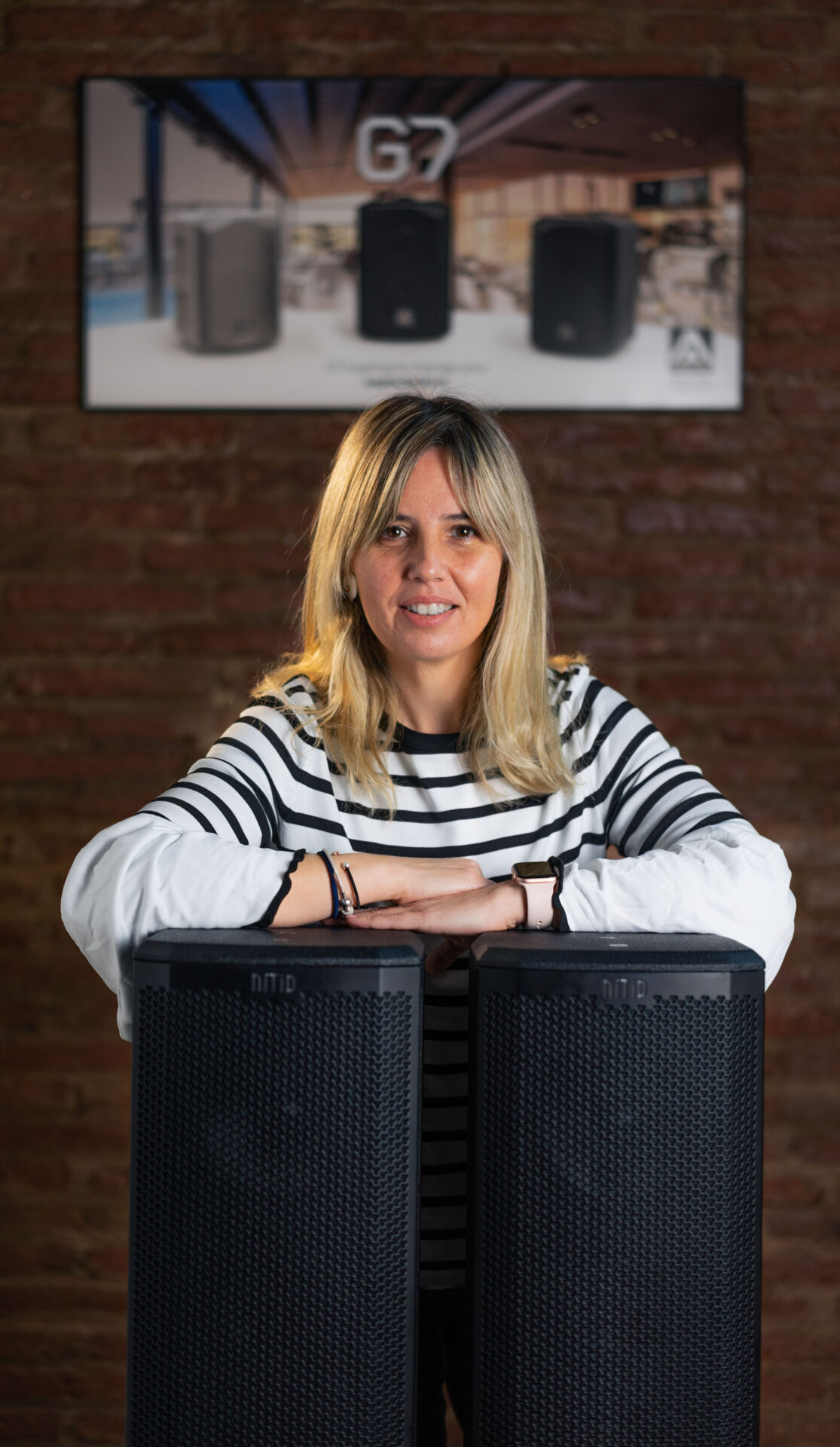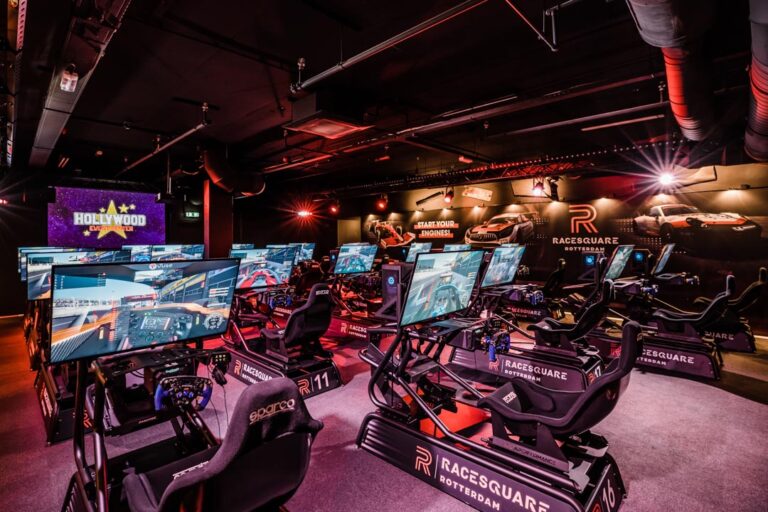Do you see this changing at all, for example by giving children the tools they need to succeed and information about possible career paths?
There’s a lot that can be done at primary school. I’m glad to know that here in Spain, things are starting to change. I have a five-year-old son and once a week, his class learns about robotics using a small robot, so boys and girls both start to know more about technology.
We have to do more things like this. In secondary school, for example, there should be panels where women from the technological world could go and talk about their experiences and give girls advice; maybe set up a technological campus just for girls, it’s not so difficult. When I was young, a policeman, a fireman and an air hostess came to school to offer careers advice. If you were a girl, you were almost expected to focus your life on becoming an air hostess. So I think you have to talk about “a person”, not a man or a woman. My son asks me: “Mum, what’s your job?” and I say: “I’m an engineer; a person who creates and develops something, who thinks about something,” and I’m sure to say a person. I think this is the message we have to give our children, especially when they are very young. It’s the same when it comes to issues like race and religion; they need education from the very beginning.
Has your gender ever been an issue, and do you think as a company, Amate has supported you?
Yes, I do, I’ve felt very respected since the first minute I started here. I’ve never had any problems within the company. Outside, I sometimes did at the beginning of my career. I always say that it’s difficult to be an engineer and it’s difficult to be a young engineer, but it’s very difficult to be a young woman in engineering, especially in the beginning, because sometimes people don’t trust you. I had confidence, but you have to be very strong. Sometimes of course you have ups and downs, but I’ve always felt extremely respected here and I know my colleagues love me; they always speak kindly about me to others, and that’s very nice.
Have you had a particular mentor?
Well, although he’s now retired, Mr Juan Amate has been a mentor. He’s the owner of the company and has a high technical knowledge of engineering and electronics. There is also Mr Costa, who was the senior engineer when I started here and I learnt a lot from him, too.
Are there any young Natàlias coming up through the ranks that you are passing your experience onto?
Unfortunately not. I have mentored some guys during their last year at university, but I haven’t met any girls yet. It’s a pity.
As someone that broke into the industry at such a young age, do you have a word of advice for young engineers?
If you want something, fight for it; do it with passion. If you work with passion, it’s not work. In life, you cannot stop studying. There’s always an evolution of technology; you have to keep up with industry trends. Working today is not the same as working 23 years ago, fortunately, as we have more tools. It’s difficult to be a working mother, and I always say I need more hours in the day. But as a perfectionist, I try to learn everything and keep up by reading books, and articles. The internet is a good tool which has helped us a lot. We try. I try.





